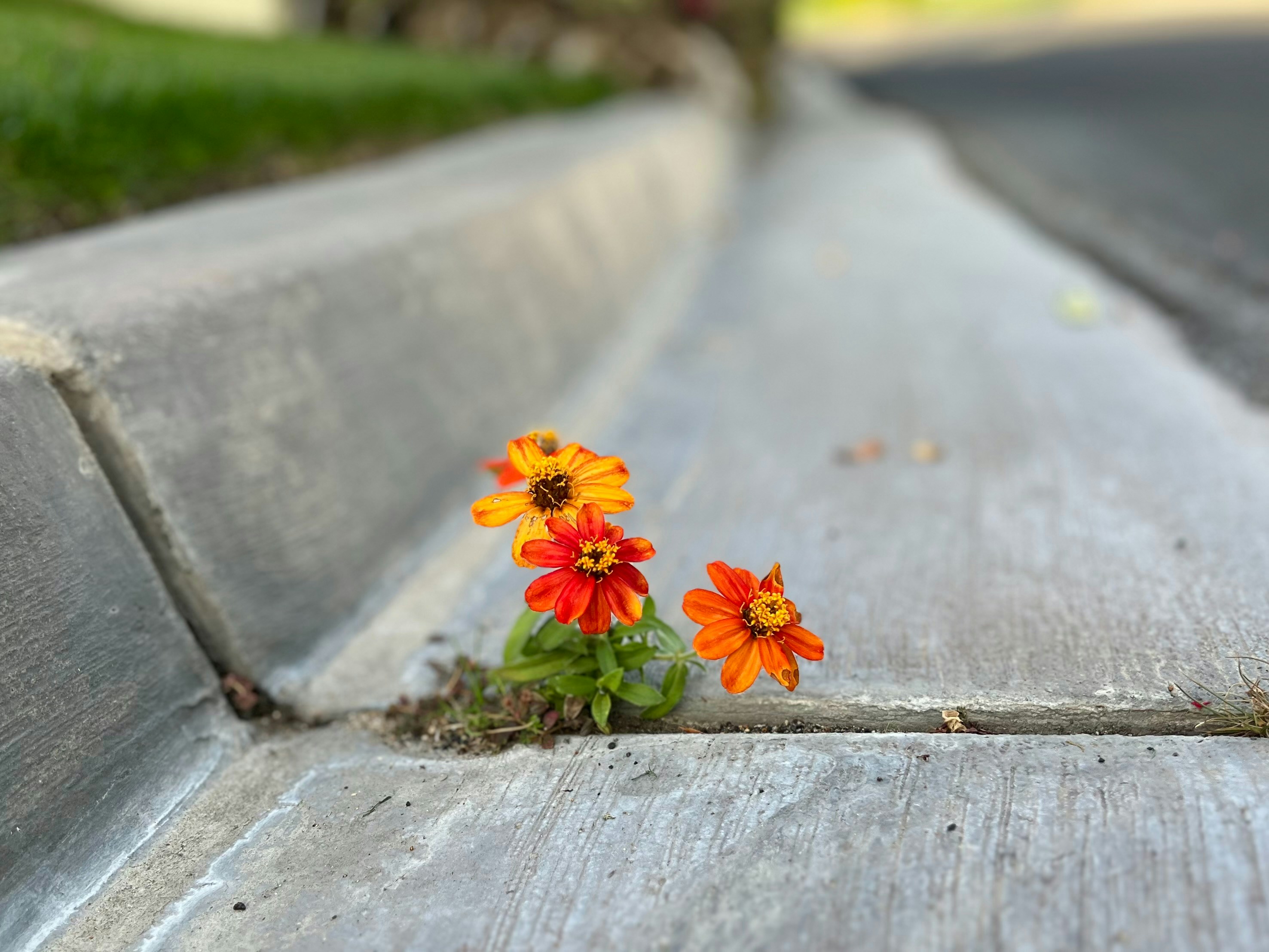The definition of Resilience is the ability to withstand or recover quickly from difficulties. This makes me think that if I am unable to withstand life’s surprising blows in a given moment or if I don’t recover quickly but somehow muddle my way through the difficult times I don’t qualify as a resilient person. As someone who has faced a fair share of life problems, I think that will be a misunderstanding of who I am. I think these definitions are like social media video clips without much context, reality is that most of our experiences fall within the slim grey area of a specific context. I am sure that there are people who feel the same way and agree with me as to what being resilient can look and mean for them.
Ancient wisdom and the new science say that we don’t necessarily react to the event itself but to the emotions we experience due to the perceived understanding of the event, and the assumptions about the outcomes of the event. We form this through past experiences and the education we have received in a formal and informal setting, and from our primordial quality of self-preservation. This is why we all react in the same way and in many cases in unique ways to events in our life. We know that difficulties, setbacks and failures are part of life. We have faced and have overcome them, they are never ending, shapeshifting and relentless. Yet every single time our instinct is to resist them. This I think is one of the most important observations that can lead us to get a better understanding of ourselves.
At least for me this has been aha moment on what is the underlying source for resistance to difficulties. A. Why do I expect that everything will go right, B. Even when I expect something to go wrong (as though that is what I deserve) I am still surprised and resist when setbacks happen, this is even more puzzling (I expected this to go wrong, and I was careful and yet it went wrong). The more I resist the more I suffer. Nature and understanding of suffering are becoming much clearer with shared studies between science and spirituality about the human mind and conscious. Both streams suggest suffering is inevitable, however we can protect ourselves from unnecessary suffering, in spiritual world of Buddhism this is referred to as the “Second arrow”.
The second arrow can turn into a million arrows in a matter of hours when we catastrophize the situation in hand, making it harder to recover. This does not in any way mean that we don’t give situations the seriousness it demands or suggest toxic positivity. What is instead suggested is to slow down, study through our experience, learn about our emotions and what to infer from them, to take a broader perspective, be kind to ourselves, and give ourselves permission to learn through failures and difficult times. All of which is easier said than done. Building and enhancing resilience is a process and like any process we get better at it through practice and is not a linear process either. At the core of the process is the belief that nothing lasts forever and that includes our difficult times and the emotions we experience while navigating them.

